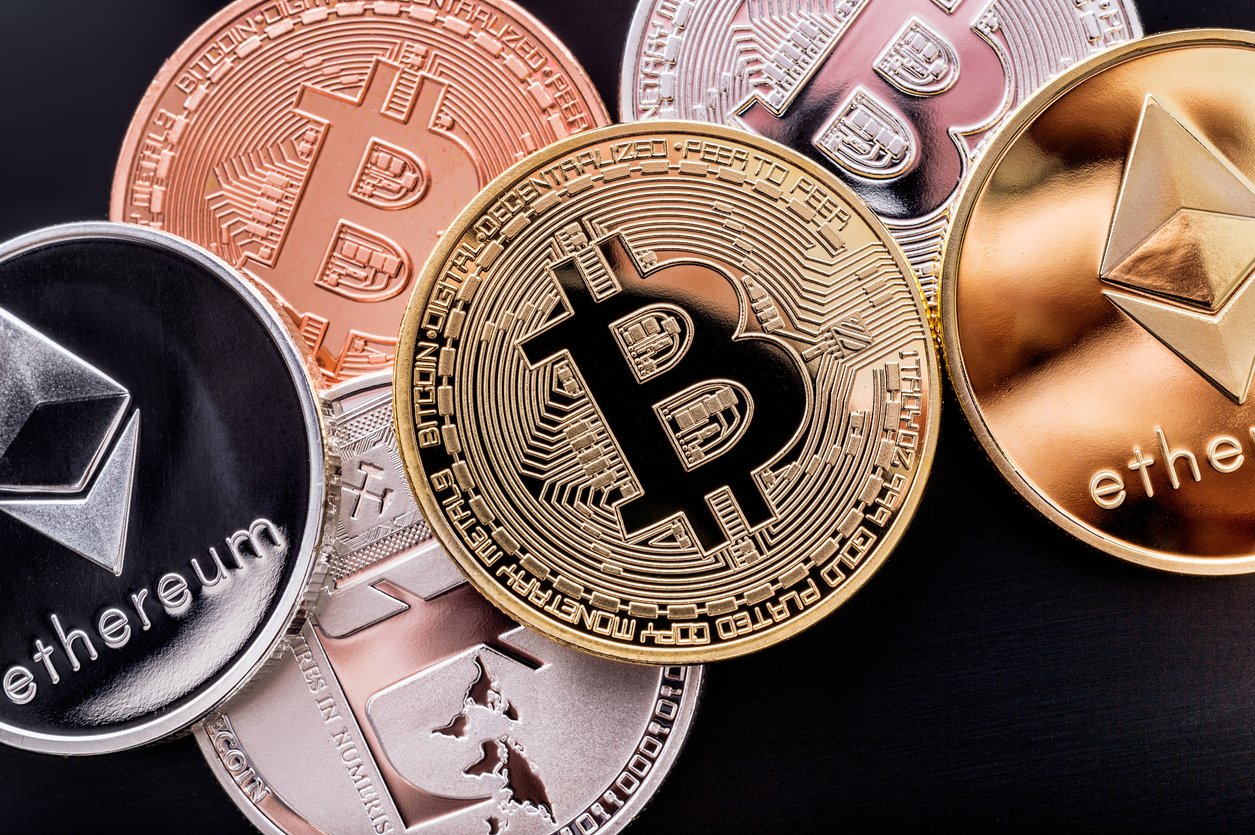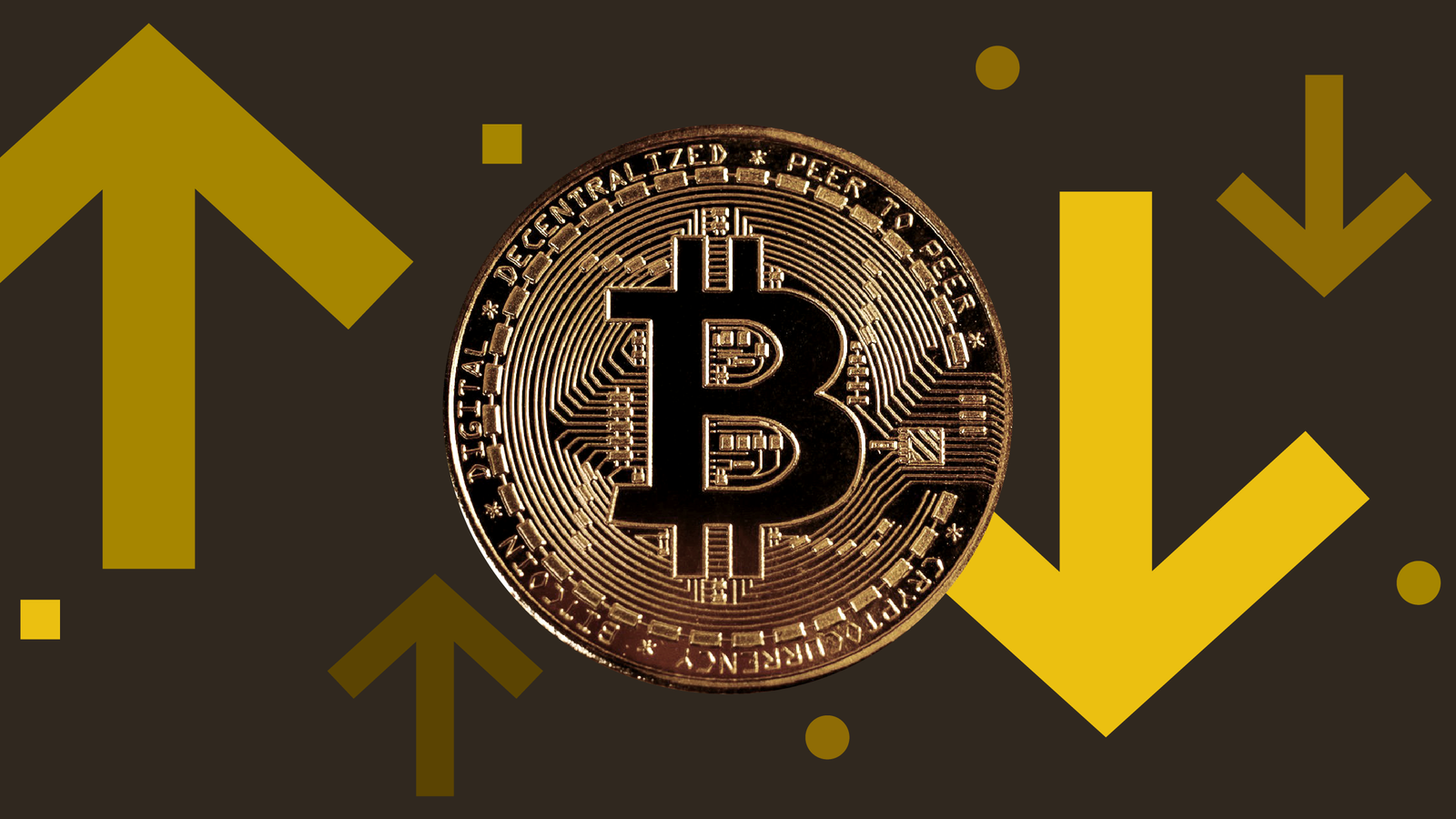In a recent interview with Bitcoin expert Natalie Brunell, Senator Cynthia Lummis (R-WY) doubled down on her push for the United States to create a Strategic Bitcoin Reserve (SBR). She revealed that the Treasury Department is exploring whether it has the legal authority to buy and store Bitcoin (BTC) for the federal government. According to Lummis, this could be a game-changer in reducing the country’s massive national debt over time.
Using Seized Bitcoin to Kickstart the Reserve
The senator suggested that the US could start its Bitcoin reserve with 200,000 BTC currently held by the US Marshals Service—Bitcoin that was confiscated from criminals. Instead of auctioning it off, as has been done in the past, Lummis believes these assets could serve as the foundation for the first year of the SBR.
She is currently working to determine whether this can be done without passing a new law or if Congress needs to act. “I’m trying to figure out if the Treasury Secretary can do it right now or if we need new legislation,” she explained.
Lummis wants the government to treat Bitcoin as a long-term investment, just like gold, rather than selling seized BTC at low prices—something the government has done multiple times before. For example, in 2014, the US auctioned off 30,000 BTC seized from the Silk Road, selling it for about $600 per coin—a decision that, in hindsight, cost taxpayers billions of dollars.
How This Could Reduce US Debt
One of the key arguments for a Bitcoin reserve is its potential to help pay down the national debt, which is currently over $34 trillion. Under her proposed Bitcoin Act, Lummis suggests another strategy:
- The US holds gold certificates that are still valued at $42 per ounce, a price set decades ago.
- If those certificates were updated to reflect today’s gold prices (over $2,000 per ounce), the difference could be used to buy Bitcoin.
- Over five years, the government could build a 1-million BTC reserve without increasing the federal budget.
Lummis believes that if the US held this Bitcoin for 20 years, its value could increase enough to cut the national debt in half. She cites financial models from Bitcoin advocates like Michael Saylor, who argue that BTC’s long-term price growth is a strong bet for wealth preservation.
The Bigger Picture: Bitcoin & US Leadership
Senator Lummis praised former President Trump’s recent executive orders, which aim to make the US a leader in Bitcoin mining, regulatory clarity, and digital asset investment. She contrasted this with past administrations, where crypto was largely ignored or dismissed.
However, she also emphasized the need to keep Bitcoin a bipartisan issue rather than a political football. “We worked hard to make sure Bitcoin has support from both parties. We can’t afford to make it a partisan fight,” she said.
Bitcoin’s role in government finances is still a hot topic, and it remains to be seen whether the US will take this step. But with growing interest from policymakers, the idea of a US Bitcoin reserve is no longer just speculation—it’s an active discussion.
At the time of the interview, Bitcoin was trading at $84,202.





